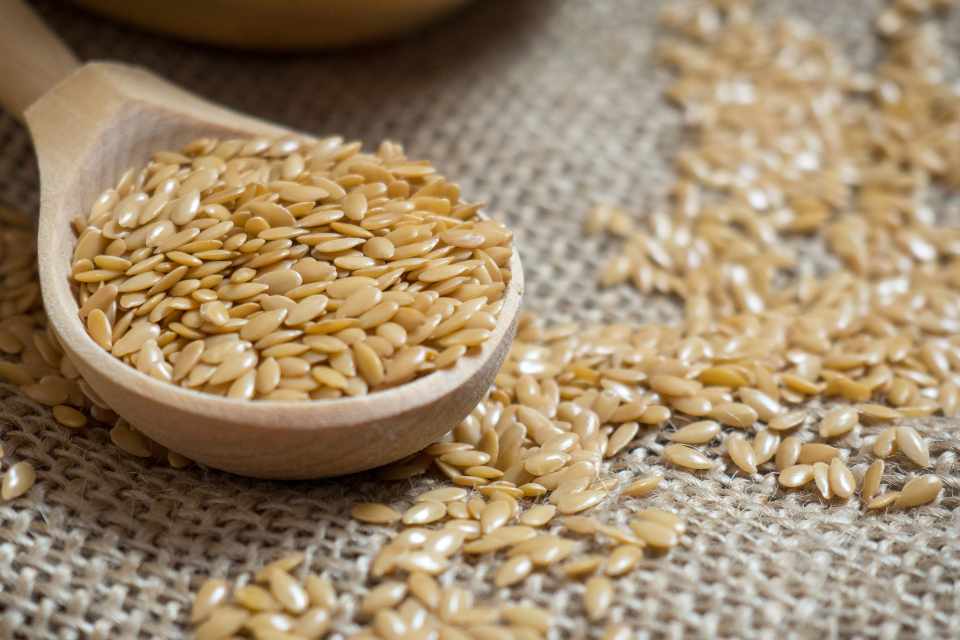It’s not surprising that sometimes people get confused about the healthiest way to eat, whether it’s a low fat diet or low carb or something else. There are far too many contradictory messages in the media about the healthiest type of diet. But, as I’ve been telling my patients for quite some time, nobody is ever going to say that olive oil is unhealthy, right? Well, imagine my surprise this week, when I watched a TV documentary in which several people said just that.
These people were so scared about eating fat, that even solid evidence that olive oil has numerous health giving properties was waved to one side. But why are some people afraid of dietary fat.
Fear of dietary fat began in the 1960s and 70s when, following some dubious science, governments started to recommend low fat/ high carbohydrate diets to lower the risk of heart disease. Over several decades the public responded accordingly and total fat intake decreased considerably.
We learned in school that food supplies energy in the form of calories. The theory being that since each gram of carbohydrate, protein and fat has 4, 4.5 and 9 calories respectively, then replacing fat with carbohydrate should reduce overall calorie intake.
After all, if we decrease fat, then we have to replace it with something in the diet. And, according to recommended guidelines such as the food pyramid, this meant that people were encouraged to fill up on carbohydrates, such as cereals and grains and grain products.
What policy makers failed to realise was that the different macronutrients, fat, protein and carbohydrate have different effects on the metabolism. So, instead of endorsing a healthy eating pattern, what transpired was perhaps the biggest health experiment in history.
In fact, on a population level, although dietary fat decreased, total calorie intake increased. And, over the next few decades, obesity and diabetes increased considerably to almost epidemic proportions.
It seems likely that the processed foods industry is at least partly responsible for this outcome. Manufacturers encouraged to reduce fat in their food products, started to replace highly palatable fat with addictive and cheap sugar. Good for profits, but not for waistlines!
In hindsight, perhaps better advice would have been to specifically increase vegetables, and fruits rather than carbohydrates per se. After all, carbohydrates encompass a huge range of foods, from sugar, white flour and other refined carbohydrates to potatoes, celery and broccoli.
This is one reason I often recommend a Mediterranean diet, that is rich in vegetables and fruits, nuts and seeds, and some whole grains if tolerated. A small amount of dairy, again if tolerated. As well as fish, poultry, a small amount of red meat. And, of course olive oil…








0 Comments